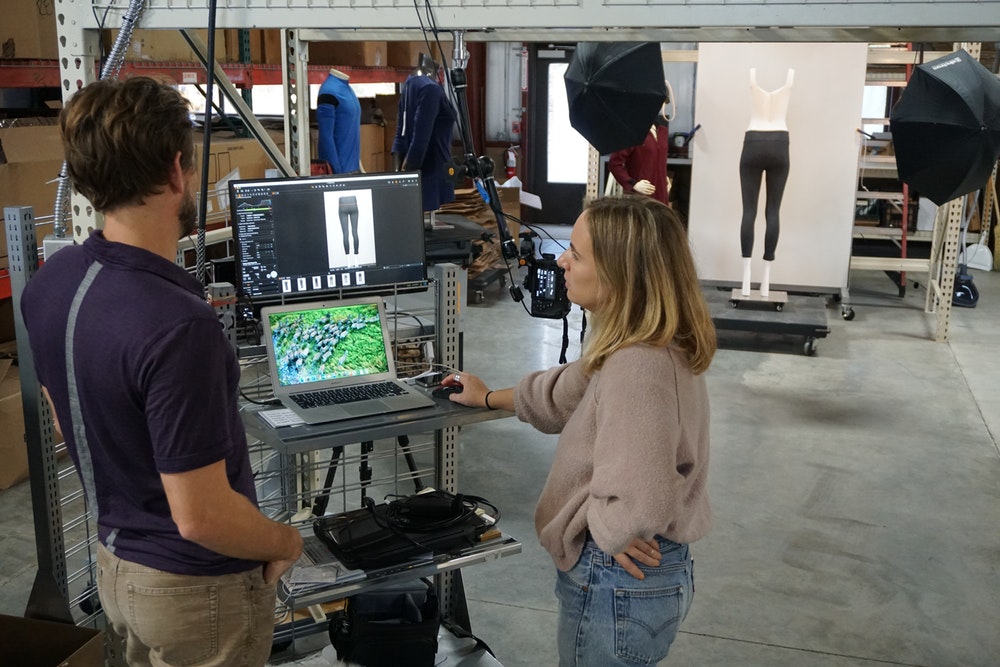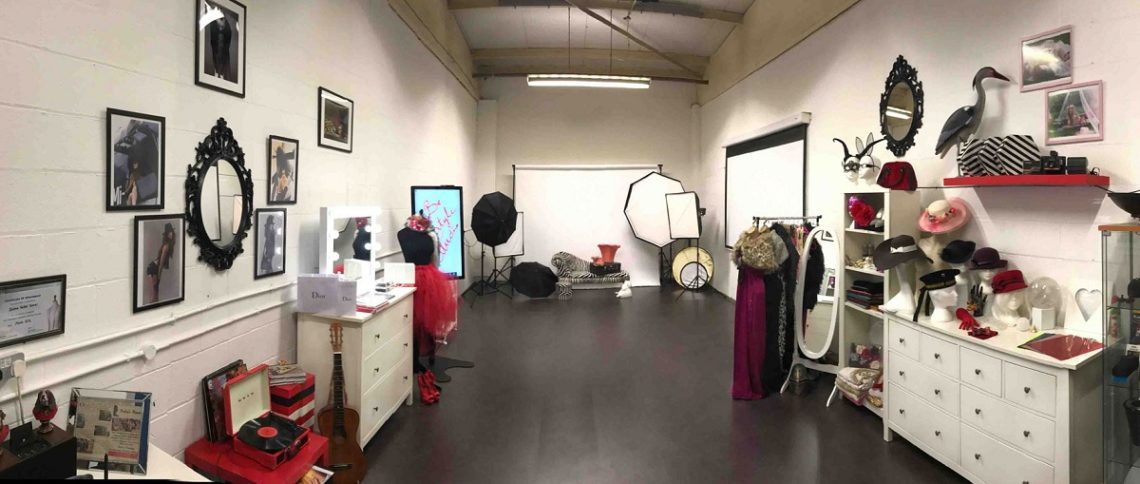Have you ever observed that all agencies normally describe themselves as dynamic, fast-paced and fun’ in ads for job placement? While these agencies may truly be dynamic and fun, as a Studio Manager you’ will be expected to always lead the bit for fast-paced.’ Studio Management that includes part of Traffic Management and Production is not the most attractive position in an agency. You likely won’t be going on for free overseas trips or obtaining tickets to functions of a client, but you’ll be expected to help upgrade the agency, meet deadlines along with the highest work standard possible and ultimately create a profitable, creative machine.
Now, let’s first get the basics – you are an extremely organized person who has excellent communication skills and impeccable attention to detail. If you are not, save some time right now and click over to certain funny cat videos. Also, you are a people person’ that takes me to the point of this post. Although there’s much management of production, planning as well as job tracking tools which are important to your role (Briefcase, job bag and so on), I want to explore some personal, intuitive and cognitive parts of studio management – some things you might not even come across in any job description.
Just follow these easy steps below, and you will never have to utilize phrases such as help you help me’ and work more intelligently, not harder’ – by the way, you are a Studio Manager and not a human resource consultant.
1. Know the required tools.
Whether you are a hands-on kind of Studio Manager or not, you will need to know the required tools. This does not mean you should be proficient with each piece of software available, but you will need to know well to set realistic deadlines as well as meet budgets. It can be really challenging as many Studio Managers work within digital and print environments, and we know the rate at which technology changes. Now, if you are unsure, just ask the experts on your team before you commit to deadlines. Keep discovering new methods of doing things efficiently, profitably and accurately – being ready to learn more’ is an aspect of your job description!

2. You need to get the brief correct.
Without sounding very dramatic, the world’s future depends on getting right the brief. As a Studio Manager, it’s most likely that you won’t be making the brief, but you’ll be working with it until the completion of the job, so if it does not look right, just take the initiative to challenge it. You can often fold it into a plain paper and fling it over to where it originated, but I have found that a more productive method of dealing with it is for you to work along with the account service staff until it is right.
3. Be ready to work with anybody.
A standard agency will need the coordination of some specialized fields – a delicate tapestry of experts that may include Photo Retouching Services, Photographers, Art Directors, Account Managers, Copywriters, Web Developers, Graphic Designers, Finished Artists, Illustrators– both freelance and permanent, all with their talents, egos, and quirks. As a Studio Manager, you’ll need an intimate knowledge of every role and how they’re woven together. Now, a demeanor of composure is going to let you keep your head, by the time others lose theirs.

4. Just spread the love.
It is quite clear, the longer somebody works on a specific client, the more they know and contribute to the brand’s development – they get quicker, more efficient and smarter. This can bring you unstuck – people usually take days off, and even though your agency is the world’s best, staff will move on. You need to try and spread the intellectual property of a client across the studio, doing that, things do not fall in a heap as your go-to designer chooses to find themselves, they while trekking via the Andes.
5. Know when you will back off.
Do not hover behind the staff of the studio, hand in your pocket as you slurp on your coffee. Keep in mind that, it is a creative agency, as well as creatives, require space and moment to develop ideas. Now, if you have to use that energy somewhere, then use it to inspire, motivate and encourage.
There it is, the survival guide to handling some of the trickier parts of agency life. Just apply all these, and who truly knows, your studio may create award-winning work.

